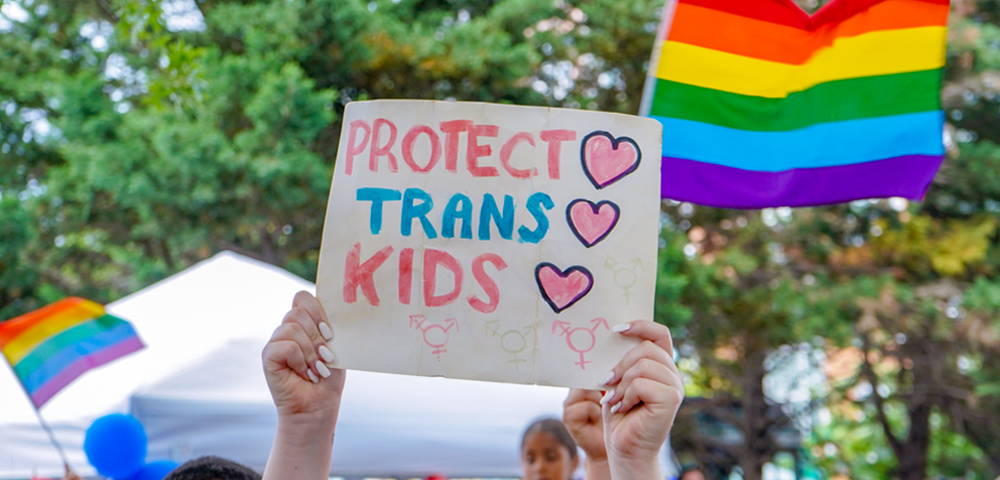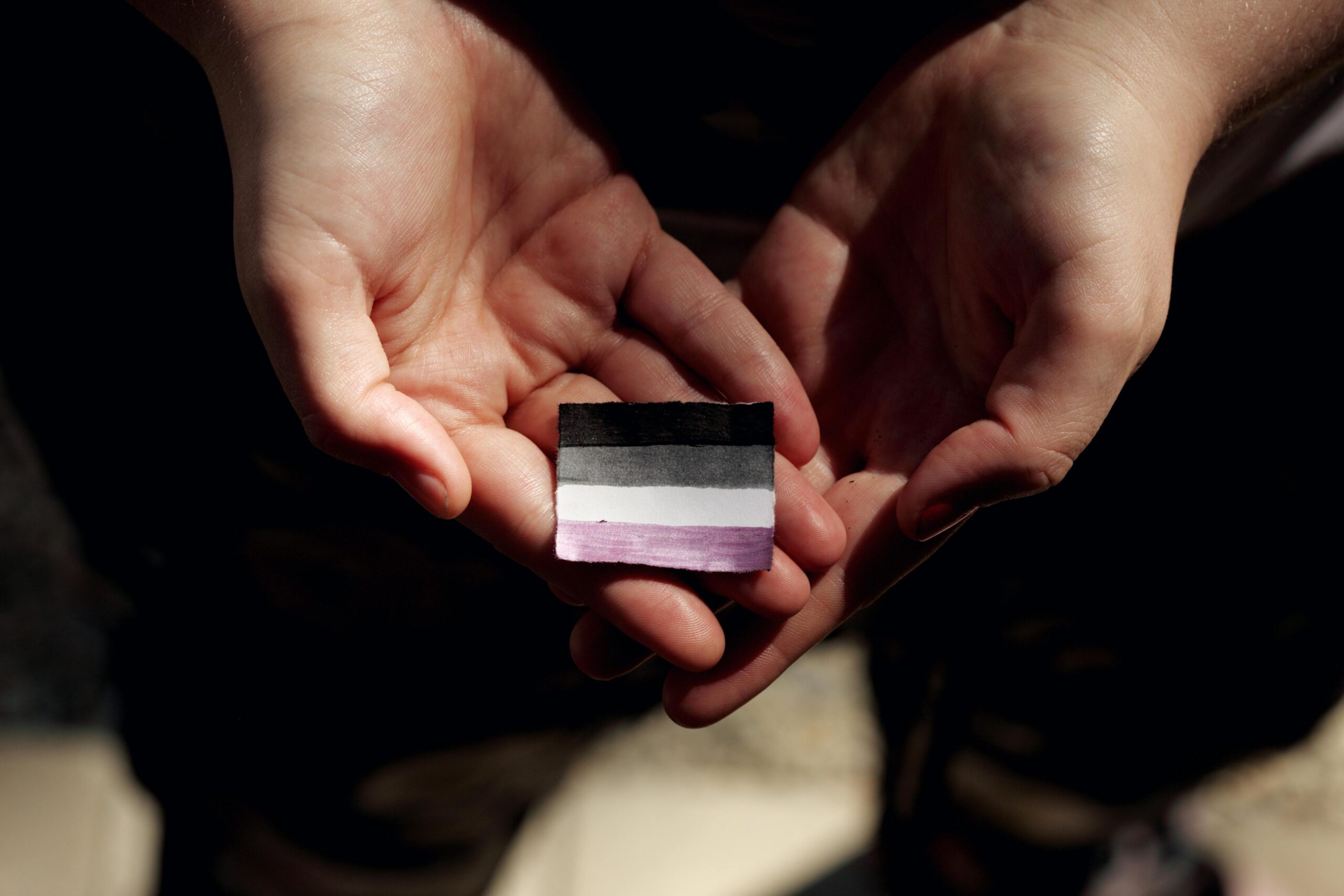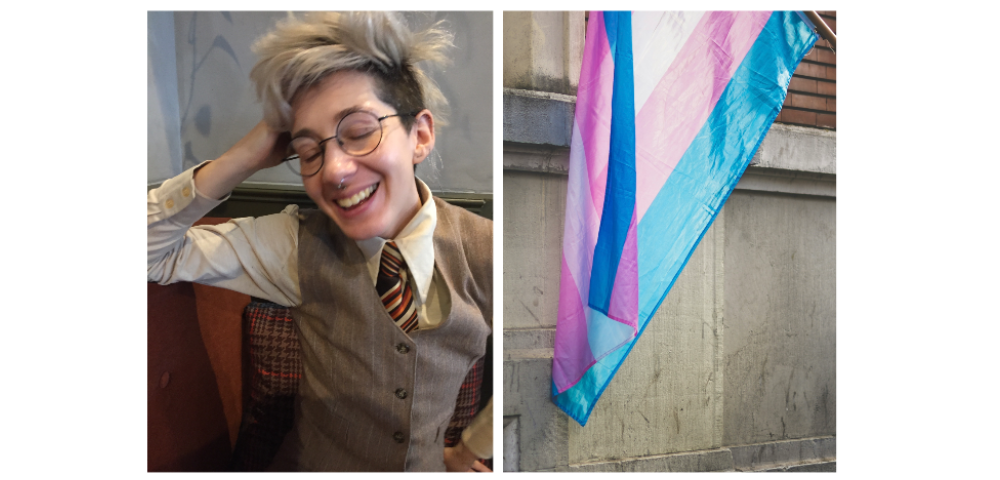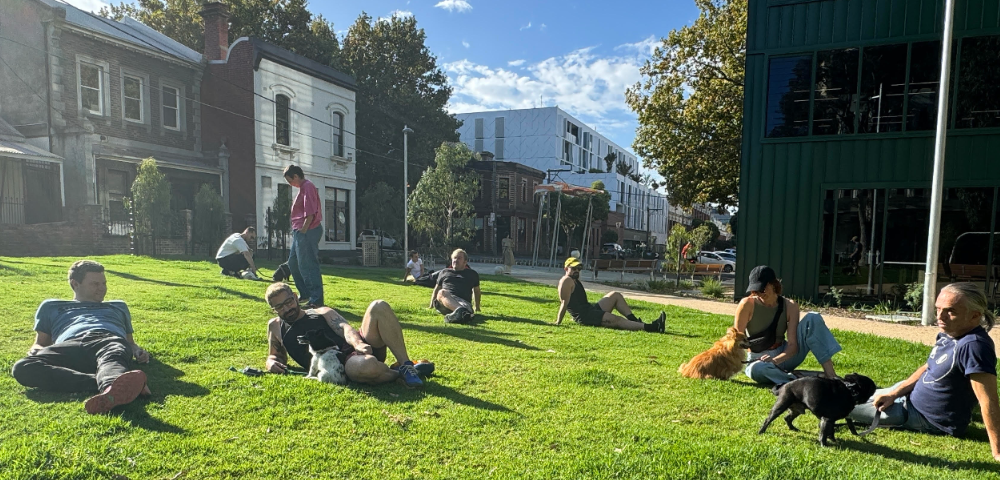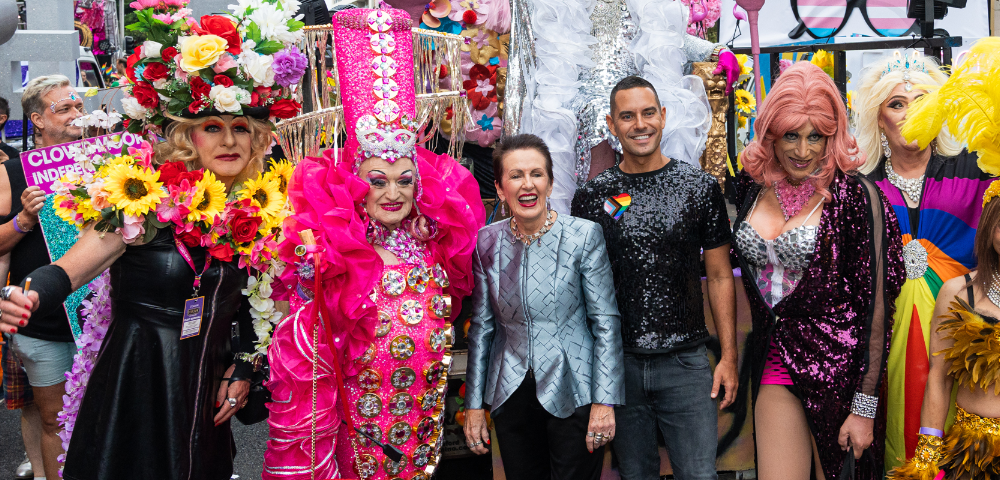
Depression is not a dirty word – it’s time to start talking about it

WE all feel sad, moody or low from time to time, but some people experience those feelings intensely, for longer periods – weeks, months or even years – and sometimes without any apparent reason.
Depression is more than just a low mood; it’s a serious condition that affects your physical and mental health.
I want to share my story with depression in the hope it could save someone from committing suicide. Depression came crashing into my life like a wrecking ball in 2009. I was living in Melbourne and wasn’t out to my family.
That year I had lost my godfather and grandmother to cancer, six months later I had broken up with my partner of two years, had my appendix removed, quit my job because of bullying and my father passed away from a heart attack.
I was struggling to get up in the mornings, I had little energy but when someone would ask me how I was feeling, the answer would be ‘I’m doing okay’. As human that’s the first thing you say right? I never wanted anyone to know I was weak.
I also found people who haven’t suffered from depression have a tough time understanding it, so I didn’t want to share what I was feeling with them.
It’s very difficult to understand something you haven’t been through. I’ve had plenty of loved ones try hard to understand it, but I couldn’t rightfully expect that they’d know how I felt just like I can’t expect to know exactly how a cancer patient feels, or how someone who lost their child feels. All I can offer is empathy and com- passion, and that’s all I can ever expect from anyone else.
When I was feeling bereft of all hope and human connection, I would be on social media looking at pictures of other people partying and having fun living so free and happy, this wasn’t the best idea.
If you have low self-esteem (as almost anyone with depression does), seeing other people’s expertly crafted and deliriously happy-looking online personas tend to perpetuate these feelings. This isn’t just my perspective, they’ve done lots of research that demonstrates Facebook makes us unhappy.
It stunts our real-life social interactions, it makes us envious of others (instead of grateful for what we’ve got), we hardly ever see anyone posting that they are down or struggling, we only ever see photo shopped photos, happy relationships so of course we think what’s wrong with me?
Why can’t I be like them? I can tell you Facebook doesn’t tell you the truth, don’t believe everything you see.
Over the past two years I have lost a few friends to suicide. every time I spoke to them and asked how they were, I got the typical response “yeah I’m going good”. It breaks my heart to think they couldn’t be open with me and tell me they were in pain. Studies have found that LGBTI youth attempt suicide more than three times more frequently than their heterosexual counterparts.
Our community really needs to start talking about depression more and we need to let everyone know it’s okay to have depression… that you’re not alone even though you think you are.
It’s okay to tell people you’re struggling, it doesn’t make you weak.
We must fight this epidemic through reaching out, understanding, empathising and supporting people.
It’s critical to remember that the more openly people talk about suicide and homosexual suicide and the less stigma people feel around the issues, the more people can successfully fight back against LGBT suicide.
If you or someone you love is in crisis or needs support right now, please call Lifeline on 13 11 14 or Suicide Call Back Service 1300 659 467.




